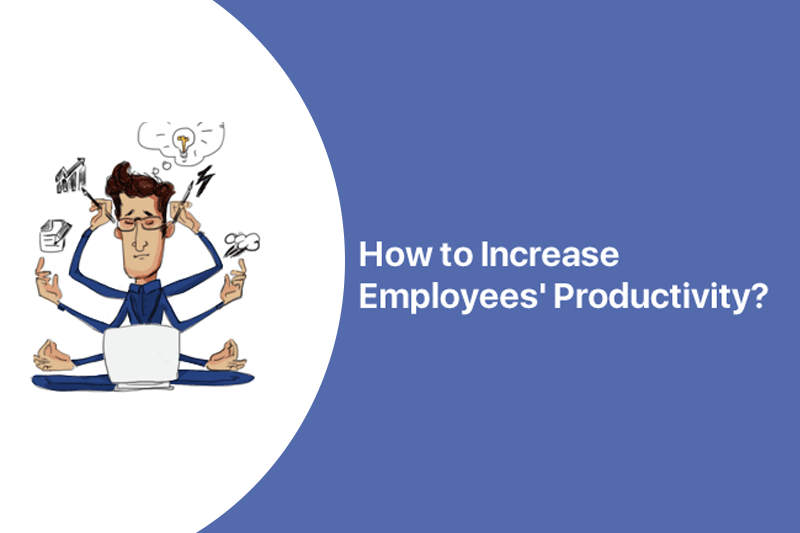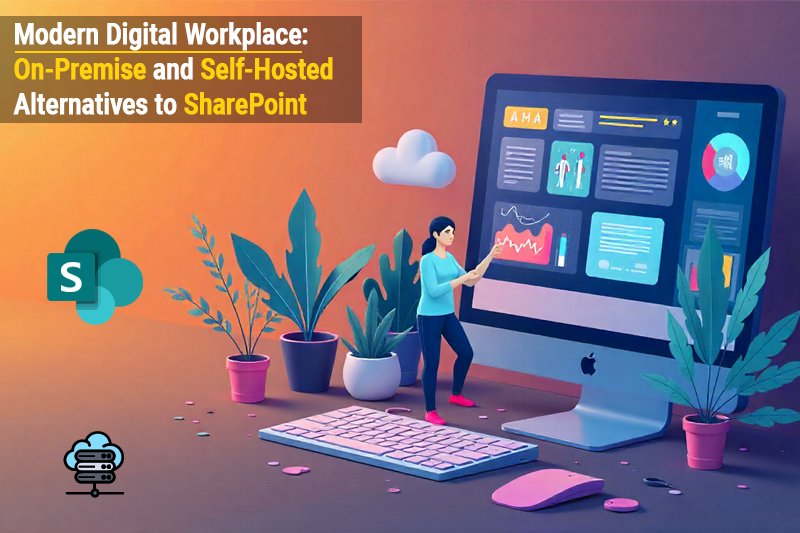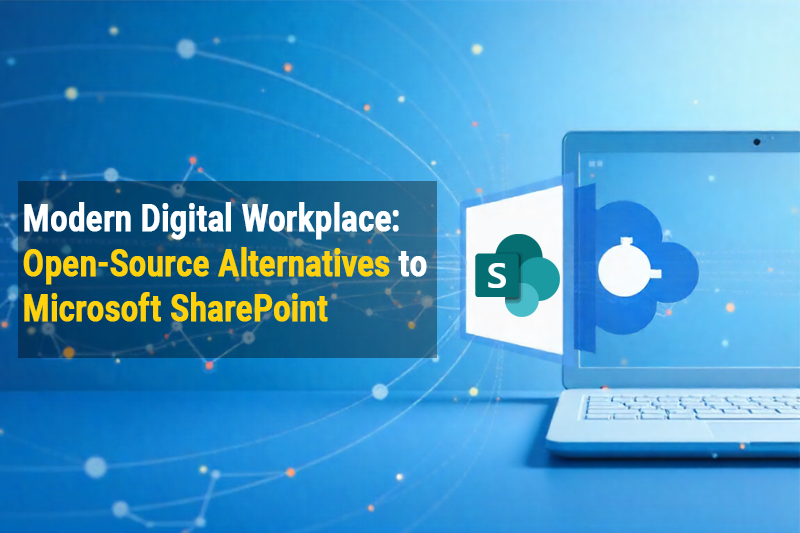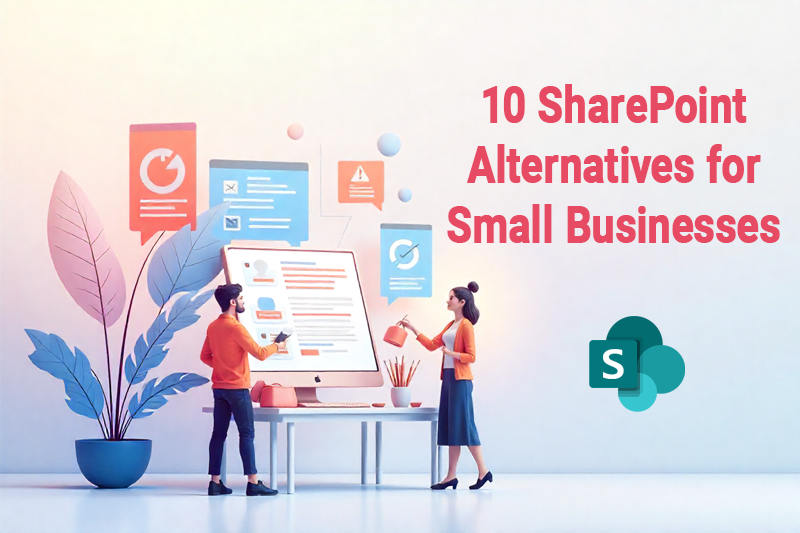- Brahim Jaouane
- November 18, 2015
How HR Can Boost Employee Productivity in the Knowledge Economy?

Content
Provide resources to enhance performance
Even without going as far as proper knowledge management, a higher level of transparency and communication flow can boost productivity. To better manage and visualize the various initiatives and tasks involved in enhancing knowledge and employees’ productivity, HR departments could leverage simple Gantt chart templates from here. Such visual project management tools help outline key milestones, dependencies, and resource allocations, ensuring a structured approach to implementing productivity-boosting strategies. Information constraints relating to simple things, such as compensation policies and company performance, increase anxiety and encourage the rumor mill, preventing employees from concentrating on their jobs. The HR function can decrease the barriers to the flow of communications between departments by transforming internal policies and investing in relevant communication tools, such as social collaboration, at the organization level.
Performance management: The shift from command-and-control to self-management
Work environment: Flexibility and trust
In particular, HR can soften corporate policies on Internet or social media use at work. This would enable employees to use a wide range of external resources, but also take virtual breaks and solve any personal issues while at work. Another idea is to introduce flexible work hours, creating a culture of delivery rather than presence. More and more companies are trying out a home office policy, allowing employees to work from home when they need to or even regularly. Other companies have increased the number of paid vacation days or ensured that taking time off does not penalize someone’s career advancement. To make it easier for employees to plan well-deserved breaks without worrying about their career growth, many companies are now introducing user-friendly PTO calculator tools. Along with these, other helpful tools like remote work schedulers and wellness apps are being rolled out to ensure employees can effectively balance their personal and professional commitments.
with eXo Platform
- Tags: Digital workplace, workplace
Related posts
- All
- eXo
- Digital workplace
- Employee engagement
- Open source
- Future of work
- Internal communication
- Collaboration
- News
- intranet
- workplace
- Knowledge management
- Employee experience
- Employee productivity
- onboarding
- Employee recognition
- Change management
- Cartoon
- Digital transformation
- Infographic
- Remote work
- Industry trends
- Product News
- Thought leadership
- Tips & Tricks
- Tutorial
- Uncategorized
Leave a Reply
( Your e-mail address will not be published)


